First HoldCo shares dipped 4.1% on Friday after Oba Otudeko sold his $128m stake, ending a boardroom battle with Femi Otedola, who now leads the group. Investors await the company’s next chapter.
Top stories
News
Top stories
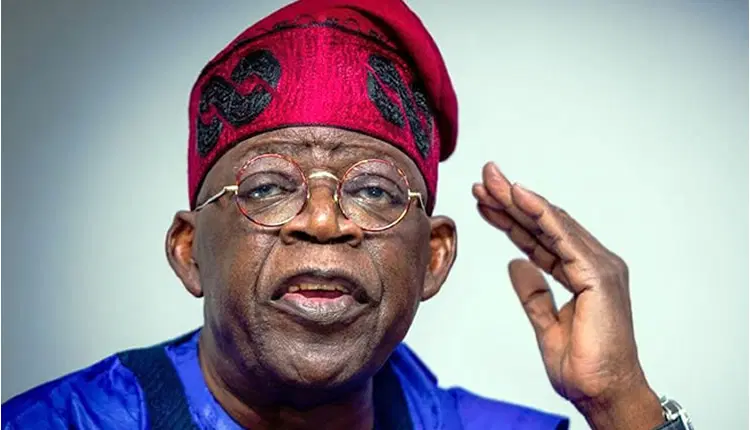
Nigeria’s Senate has endorsed President Bola Tinubu’s external and domestic borrowing plan totaling over $21 billion for the 2025–2026 fiscal period.
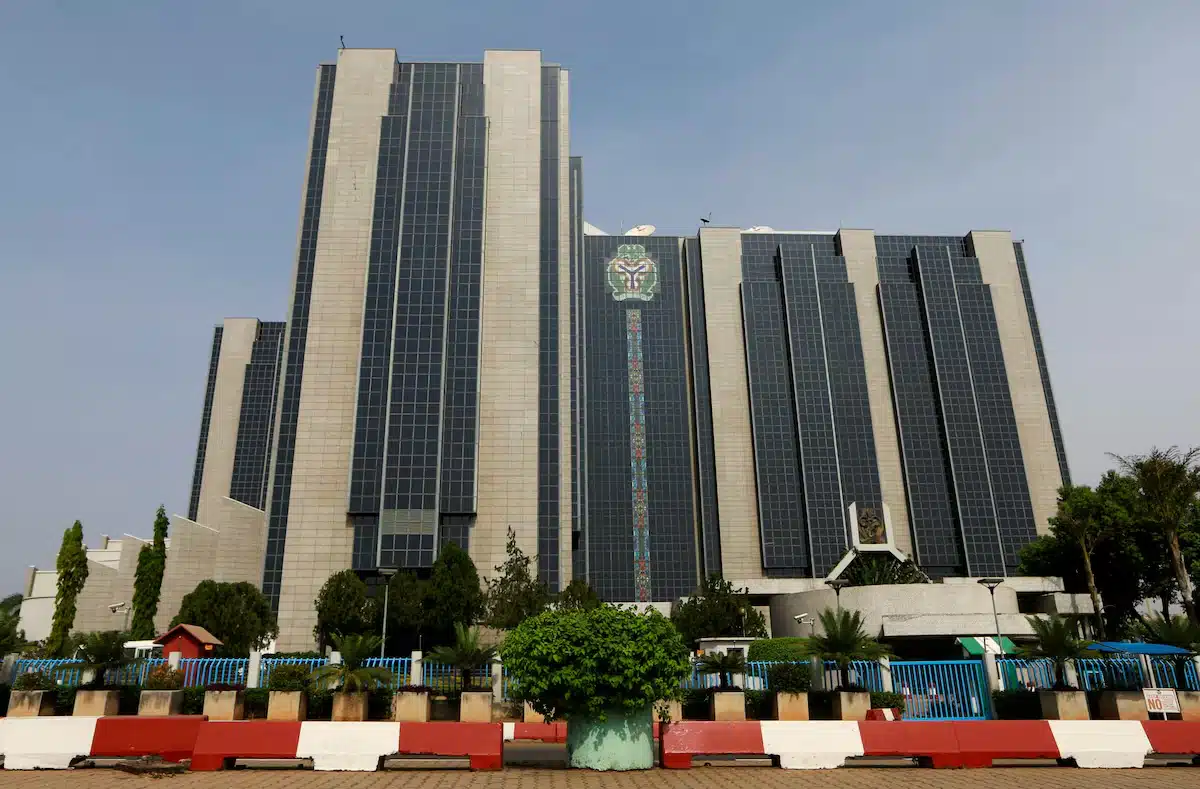
Nigeria’s decision comes despite a recent easing in headline inflation. According to official data, consumer price growth slowed to 22.2% in June — the third straight monthly decline and the lowest level recorded this year.
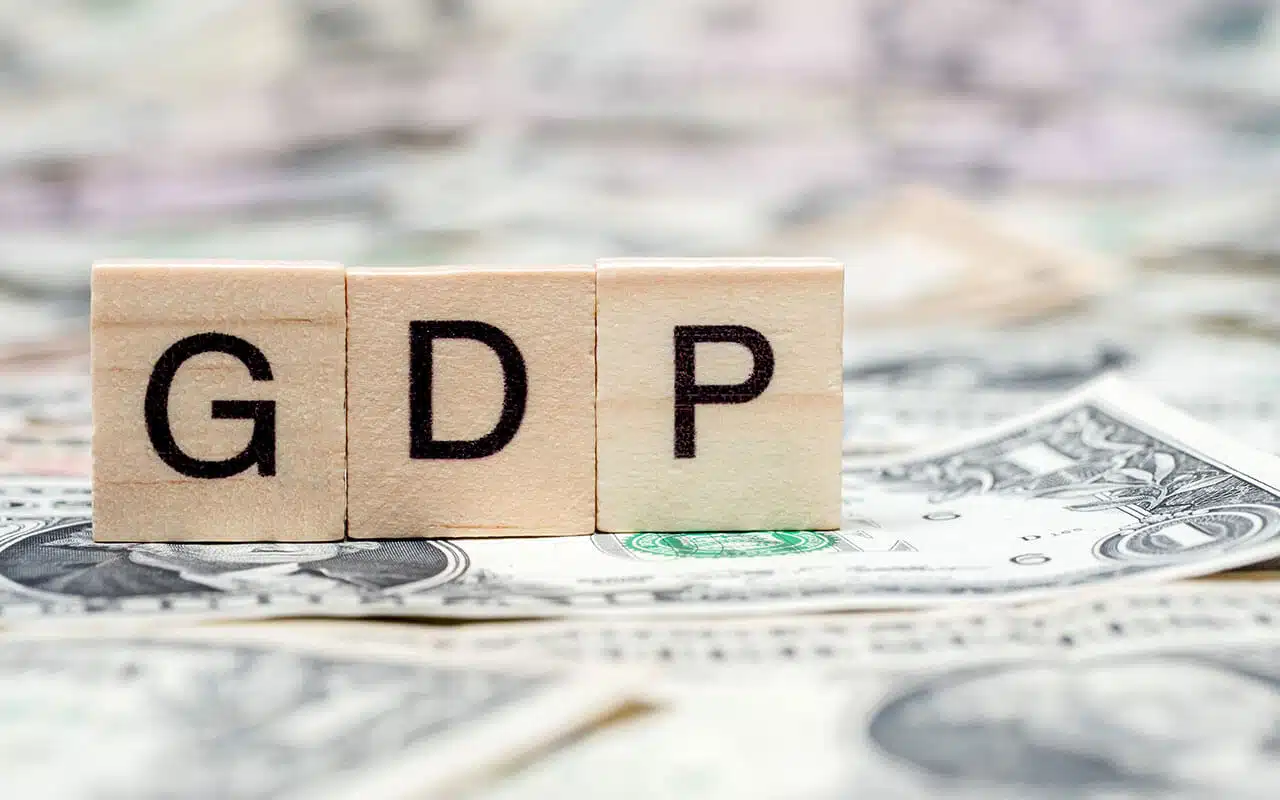
The shift reflects changes introduced in the rebasing exercise, which now captures more informal activity previously underrepresented in official estimates.
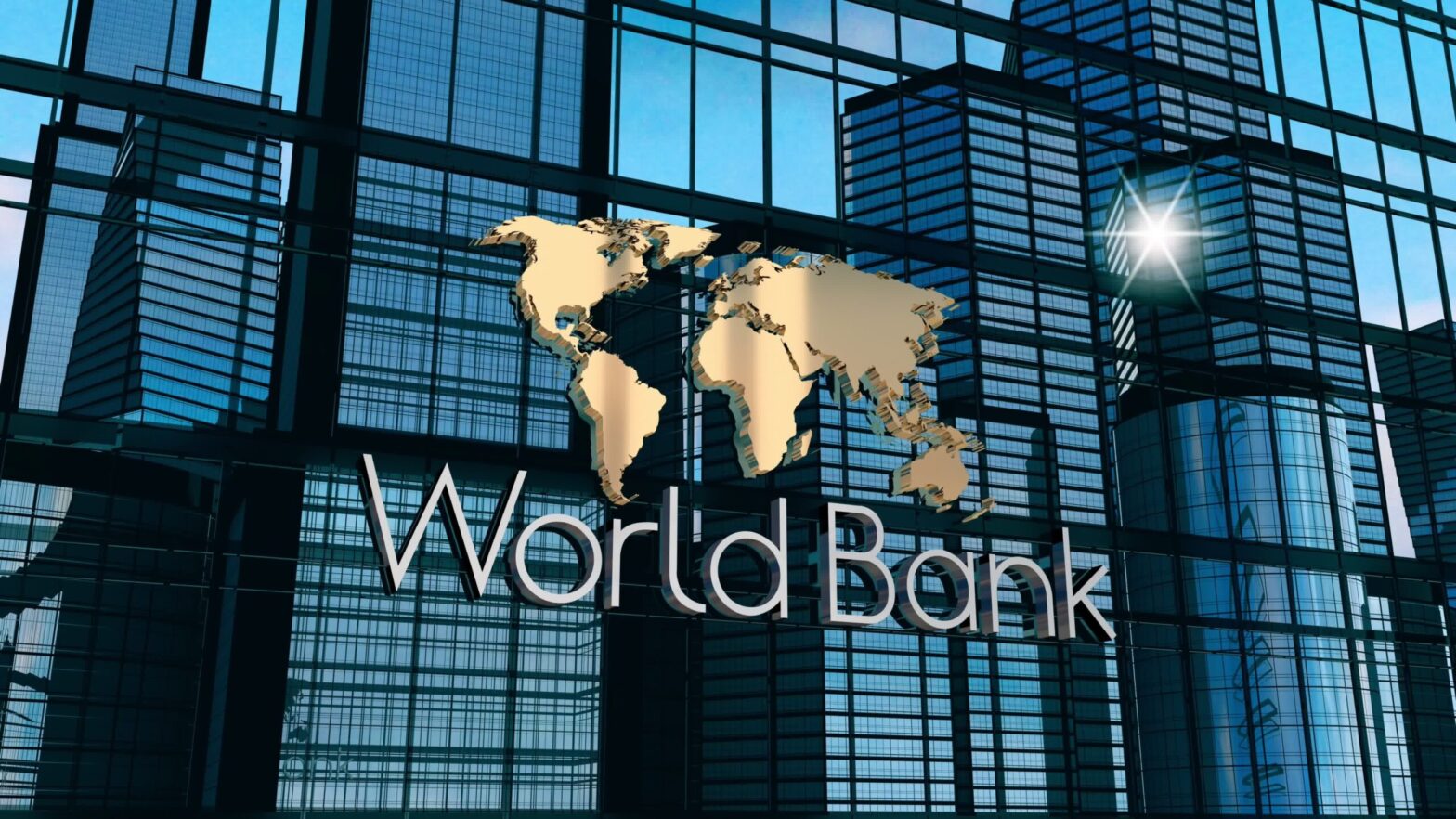
As a country still recovering from debt distress and natural disasters, the project offers Mozambique a chance to attract long-term investment and drive industrialisation through more reliable power.

A US tariff on processed coffee threatens Ethiopia’s push to move up the value chain, even as the country posts record export earnings, targets new markets across Asia and the Middle East.
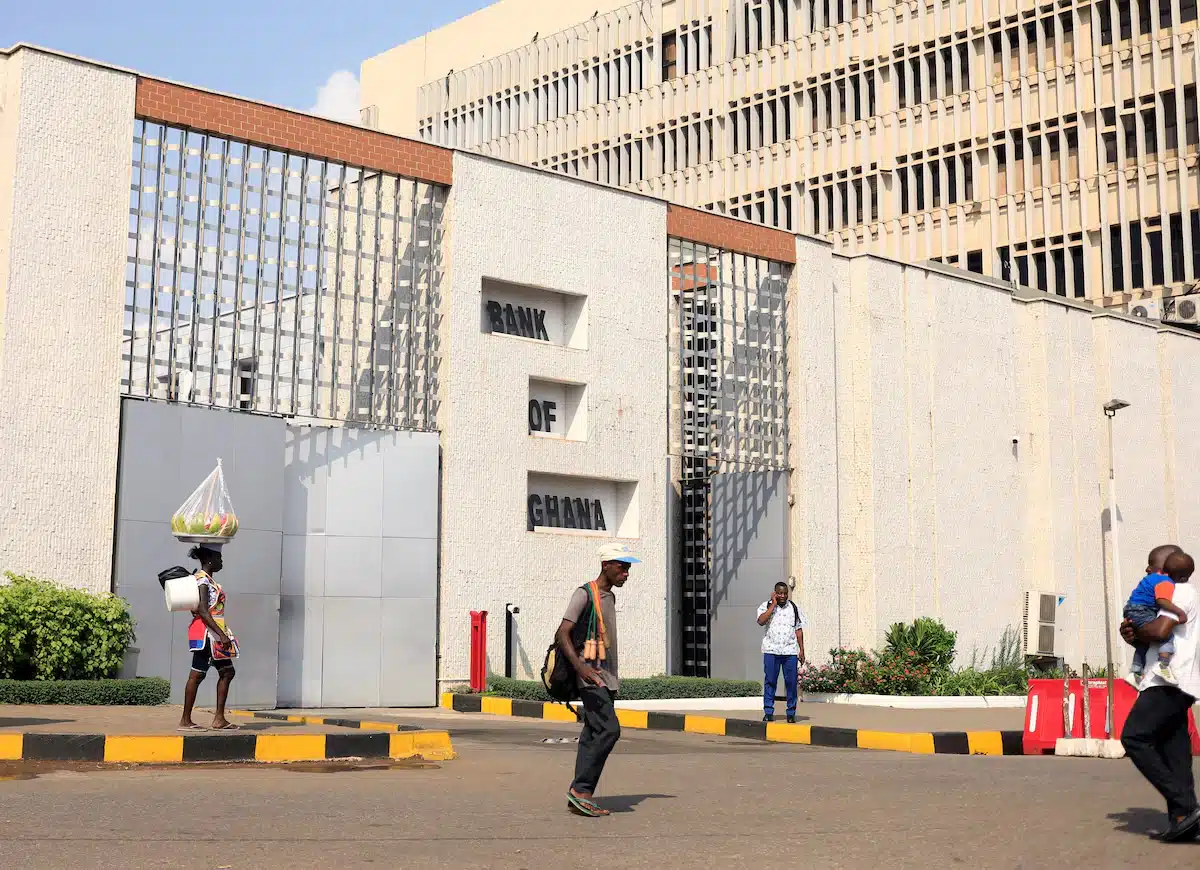
The BoG’s assurances come as the country’s foreign reserves surged to $11 billion in June, from $10.6 billion in May — representing four months and 24 days of import cover.

Ethiopia is in talks with Canada, as part of its push to open up its economy, aimed at creating a better foreign investment platform that will allow investors to take local disputes to international frontier.
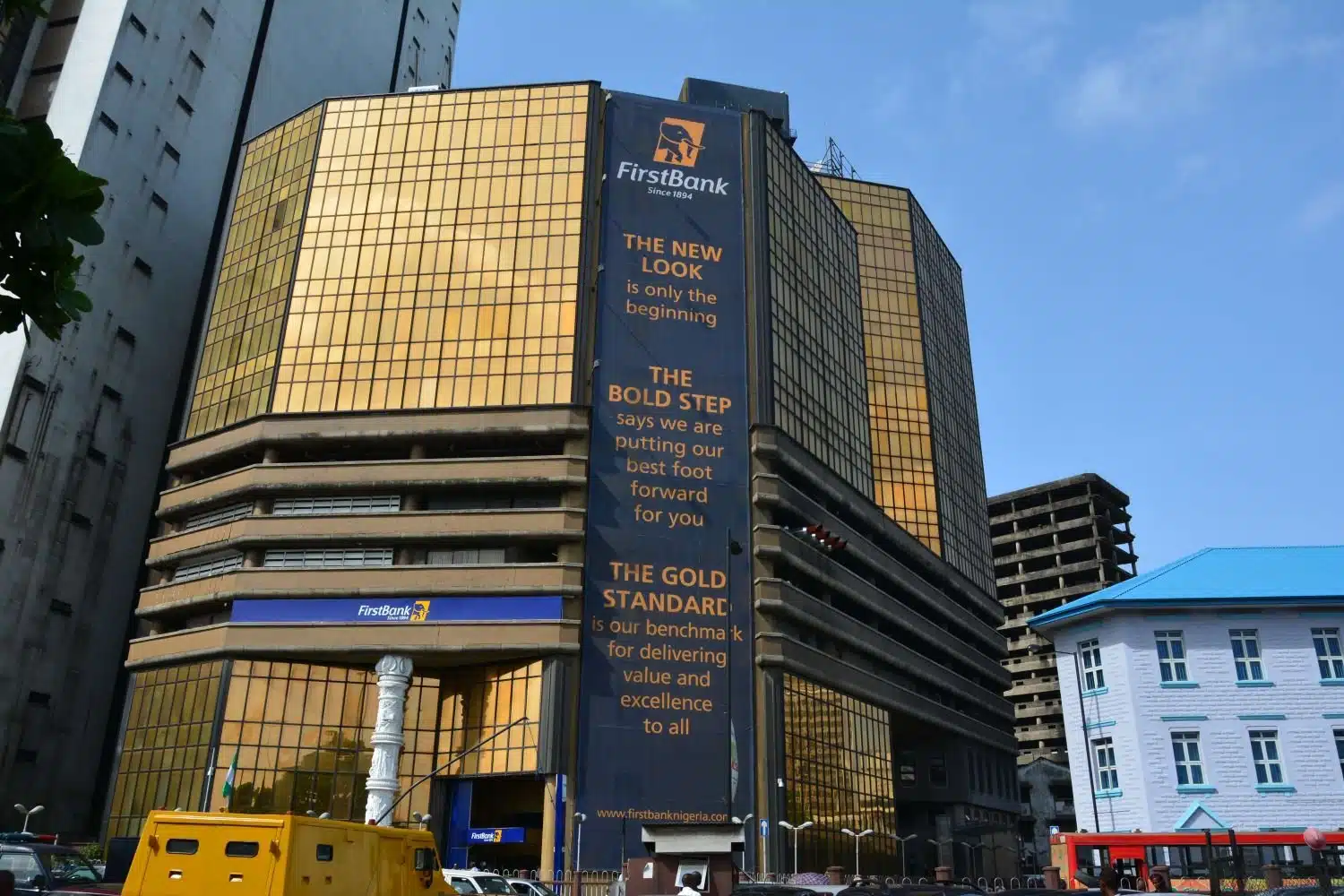
Shares of FirstHoldCo Plc, the parent company of Nigeria’s oldest bank, FirstBank, fell by 4.1% on Friday after former major shareholder Oba Otudeko offloaded his stake in a landmark transaction valued at ₦195.7 billion ($127.9 million).
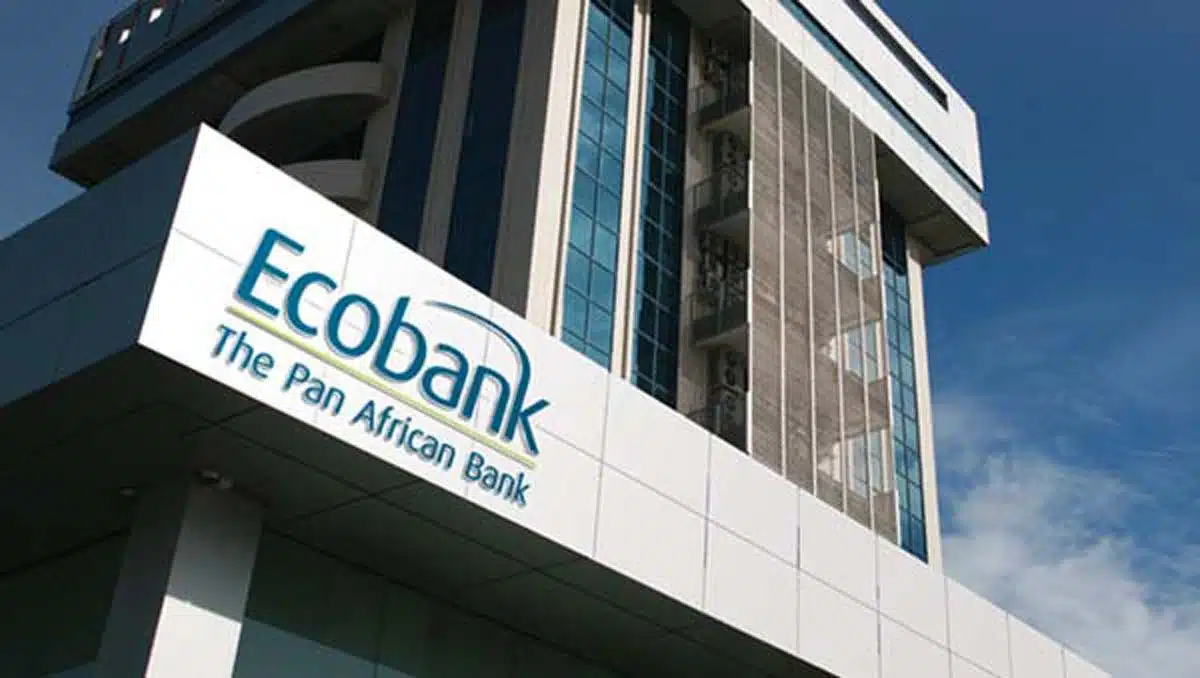
The bond, issued in February 2021 and listed on the London Stock Exchange, had been trading near par at $99.00 as of July 11—an indicator of investor confidence in the bank’s ability to meet its financial obligations.

The IMF, which expanded Egypt’s original loan package to $8 billion last year, has made it clear that raising more revenue is a key priority.
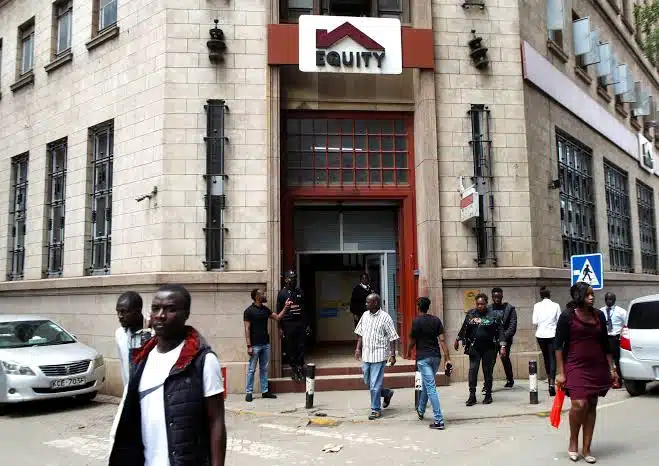
Equity’s push into the Middle East mirrors a broader trend among major African banks seeking expansion into the region. Since the beginning of 2024, at least four major lenders from the continent have either begun operations there or announced plans to expand.

Guaranty Trust Holding Company (GTCO) has crossed the ₦100 share price mark — a first for any Nigerian banking stock — placing it alongside industrial giants like BUA Cement and Lafarge Africa.
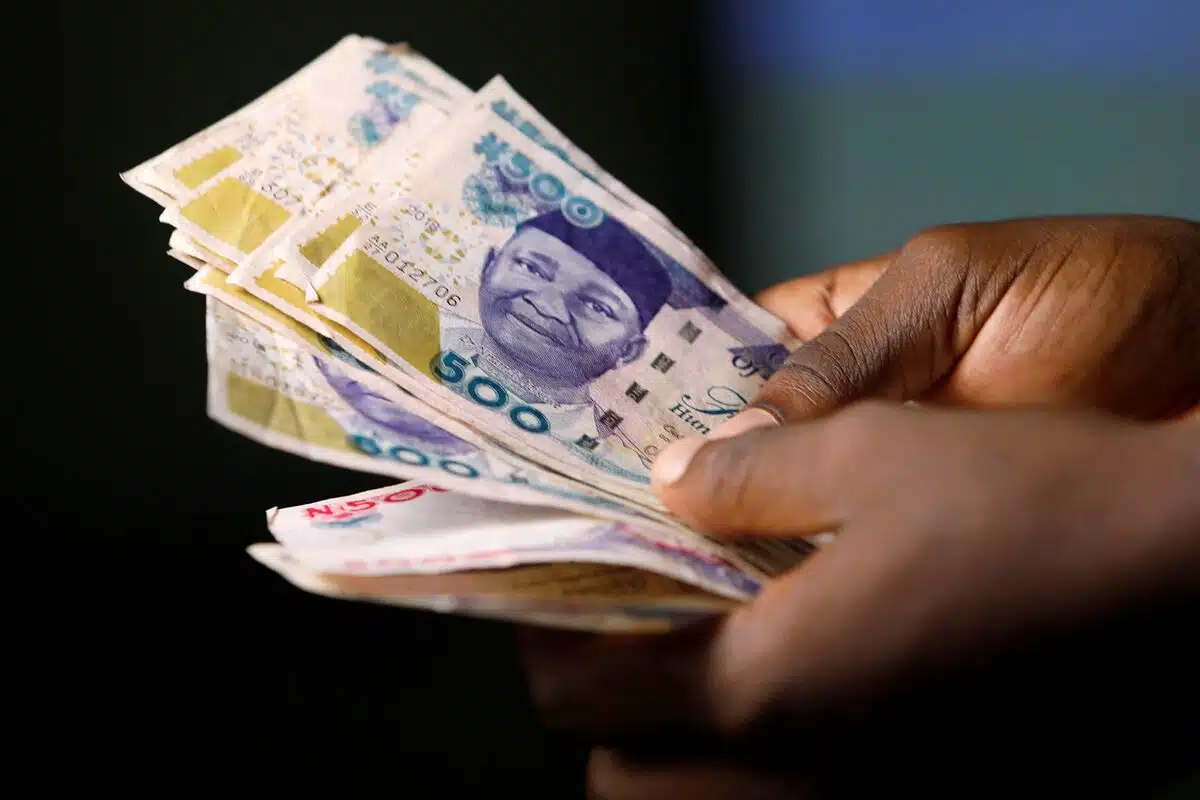
On a year-on-year basis, annual inflation fell sharply by 11.97% in June, down from 34.19% in the corresponding month of the last year, reflecting the impact of a high base year and a significant fall in food inflation.
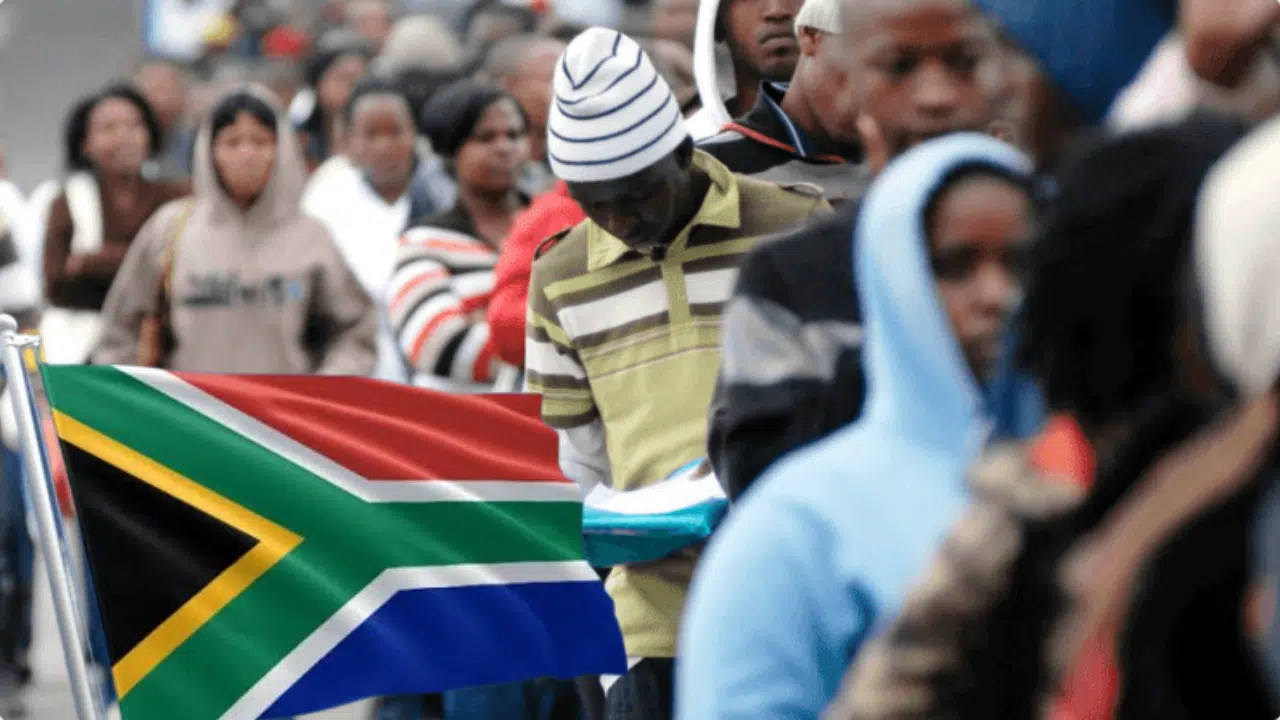
The projection comes at a time when South Africa is grappling with one of the world’s highest unemployment rates. Official figures show joblessness at 32.9% in the first quarter of the year, and at 43.1% under the expanded definition.
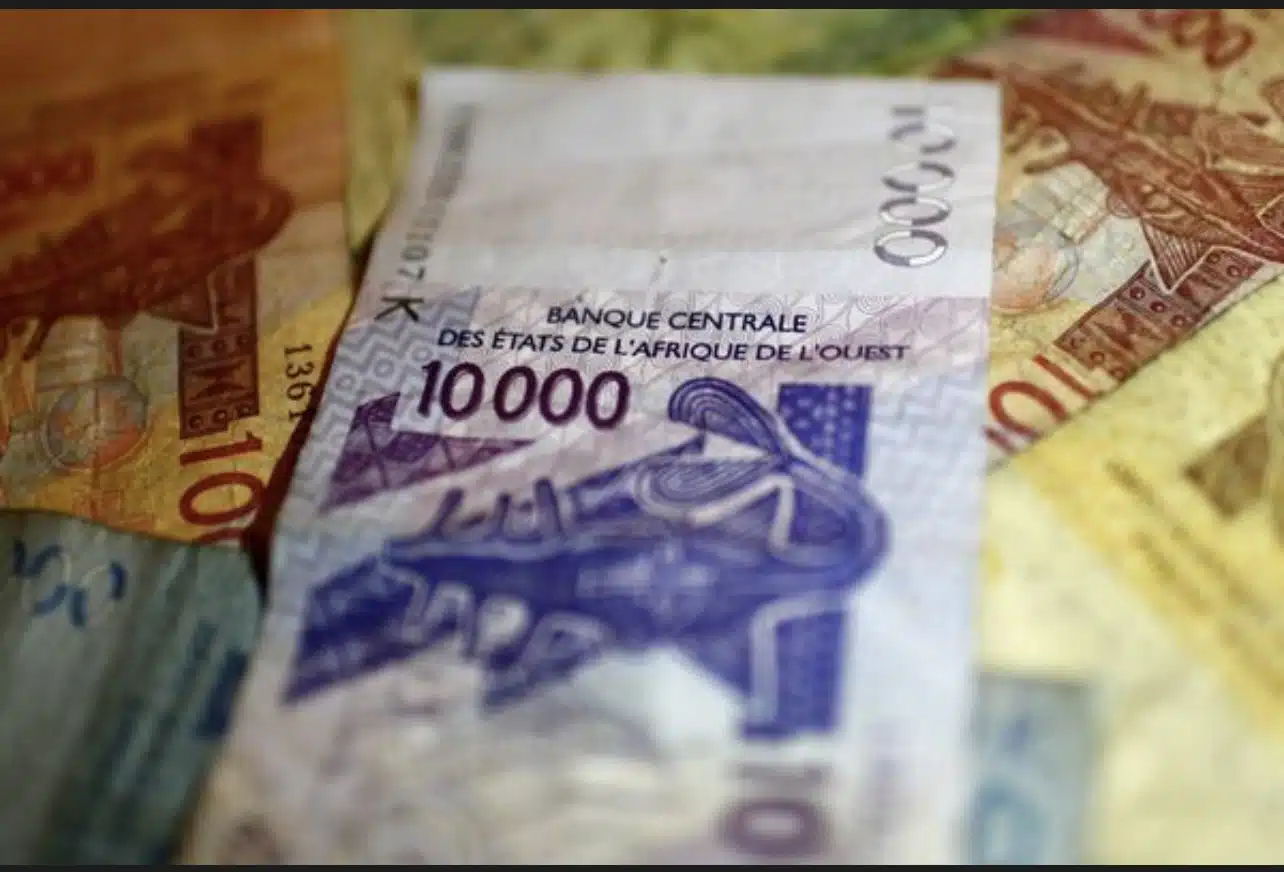
Despite growing concerns around Senegal’s debt burden, the latest issuance was oversubscribed by over 21%, with the finance ministry attributing the interest to renewed investor confidence in the country’s economic trajectory.

According to the regulator, the latest approvals come amid strong investor confidence and rising appetite for diversified investment options, including offshore and foreign currency-denominated funds.
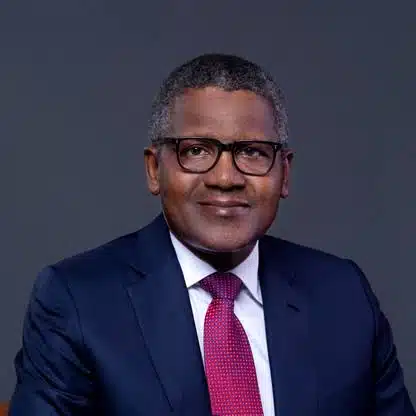
Aliko Dangote is making a high-stakes bet on fertiliser to help Africa reclaim control of its food systems, with an ambitious target of no imports for 40 months.

The downgrade marks the lowest rating assigned to the western African nation since the agency began assessing the country in 2000 and the second downgrade in five months.

The scale of the intervention, which exceeds the entire 2023 total of $1 billion and represents nearly half of last year’s sales, reflects a more aggressive approach to exchange rate management.

The debt projection shows a sharp increase from the $98 billion reported at the end of March by the Debt Management Office and highlights the mounting fiscal risks from underperforming oil revenue.
